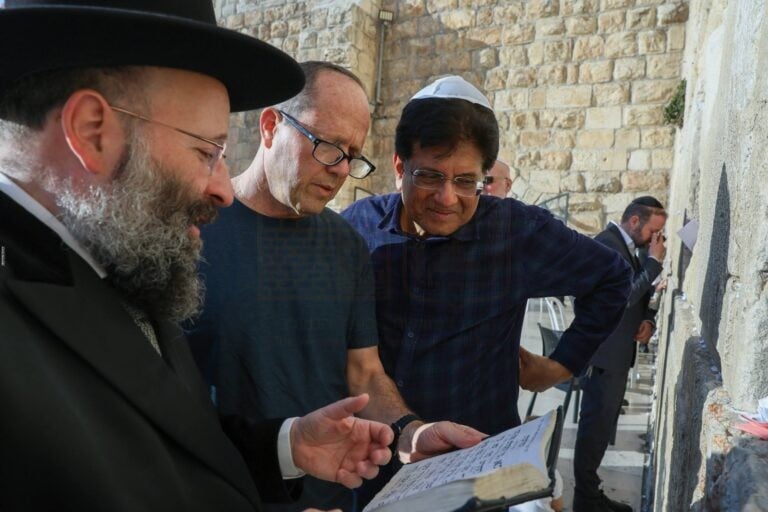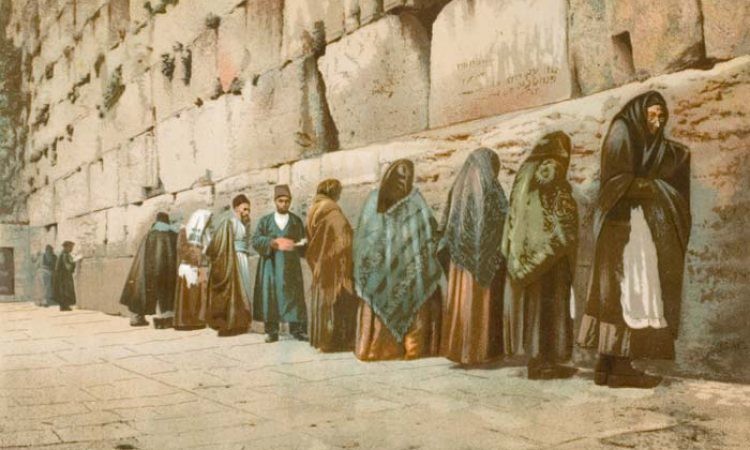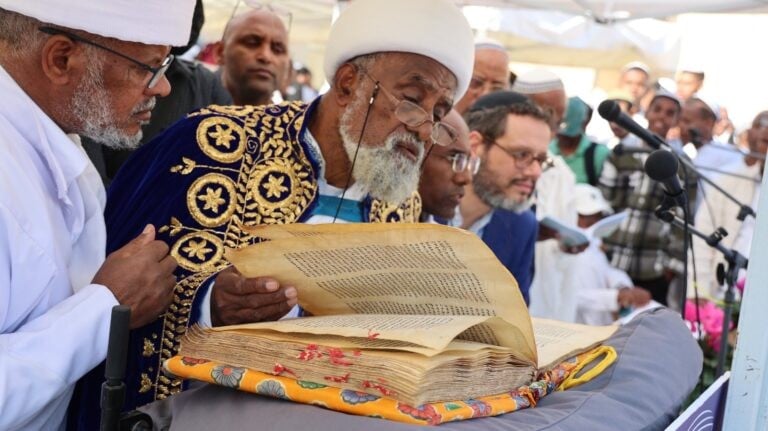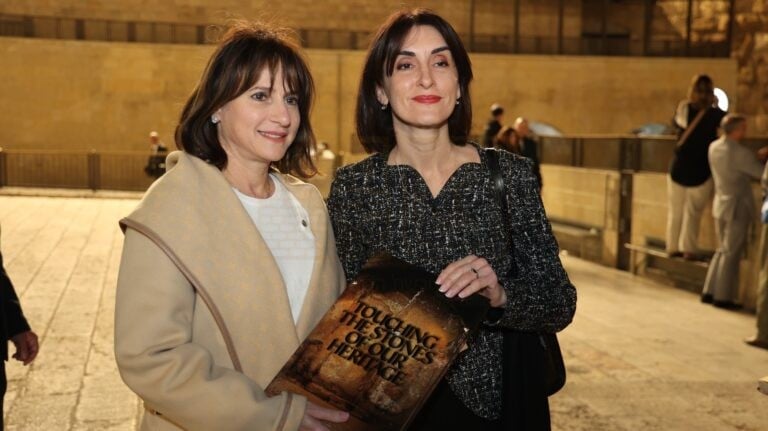|
Getting your Trinity Audio player ready...
|
Rabbi Shmuel Rabinowitz, Rabbi of the Western Wall and Holy Sites
In Parashat Vayeshev, we read about the story of “the sale of Joseph.” Jacob’s sons envied Joseph, who was beloved by his father and dreamed dreams of ruling over the family. They took advantage of a moment when they were away from their father’s house to sell Joseph into slavery. This story is one of the most complex narratives in the Torah because, despite the brothers’ intention to remove Joseph from their path, their actions eventually led to the realization of Joseph’s dreams. He became a viceroy in Egypt, brought the entire family there, and became the leader of the family, just as he had dreamed.
However, the original plan of the brothers was more sinister. As the Torah describes their conversation when they saw Joseph approaching:
“And they said one to another: ‘Behold, the dreamer comes. Come now therefore, and let us slay him, and cast him into one of the pits, and we will say, An evil beast has devoured him; and we shall see what will become of his dreams.'”
(Genesis 37, 19-20)
This plan was not executed because Reuben, the eldest brother, intervened and suggested an alternative:
“And Reuben heard it, and he delivered him out of their hands, and said: ‘Let us not take his life.’ And Reuben said to them: ‘Shed no blood; cast him into this pit that is in the wilderness, but lay no hand upon him.'”
(Ibid Ibid, 21-22)
At this point, we do not understand what Reuben hoped to achieve. What is the difference between murder and throwing Joseph into a pit where he would die from hunger and thirst? But the Torah reveals Reuben’s motives. He did not intend to leave Joseph in the pit but “to deliver him out of their hands, to restore him to his father.” Reuben sought to prevent the young brother’s murder and the grief of their father, thinking that once the brothers left the place, he could return to the pit, lift Joseph out of it, and save his life.
In the end, Reuben’s plan failed. Joseph was taken out of the pit and sold into slavery. However, we want to dwell on Reuben’s proposal and properly assess it. Reuben, being the eldest among the brothers, naturally should have hated Joseph more than the others because if Joseph’s dreams were fulfilled, Reuben would be ousted from his natural position as the firstborn and leader of the brothers, and Joseph would take his place. Despite this, Reuben was the one who sought to save Joseph from a cruel fate and return him to their father.
In the Midrash, we find an interesting thought about Reuben’s deed. The sages say:
“If Reuben had known that the Holy One, Blessed be He, would write about him ‘And Reuben heard and delivered him out of their hands,’ he would have taken him on his shoulders and brought him to his father.”
(Leviticus Rabbah 34, 8)
Even though Reuben chose a morally correct action, he did not evaluate it properly. If Reuben had known that the Torah would appreciate his choice and present him as the one who saved Joseph, he would have put more effort into rescuing him and bringing him back to their father.
Reuben did not consider his act important enough, so he settled for the suggestion of throwing Joseph into a pit and for the plan – that failed – of saving him later. Reuben’s moral choice was not assessed properly and therefore it was not done correctly.
When we perform a good deed, it is essential to reflect on the meaning and value of the deed, as well as its consequences on ourselves and our surroundings. This is illustrated in the relationship between parents and children: when a parent behaves morally, aside from the deed itself, they impart a way of life that their children are likely to adopt and pass on to future generations.
If we evaluate our actions appropriately, it will lead us to perfect deeds, deeds we can be proud of, and that will influence not only ourselves but everyone around us.









